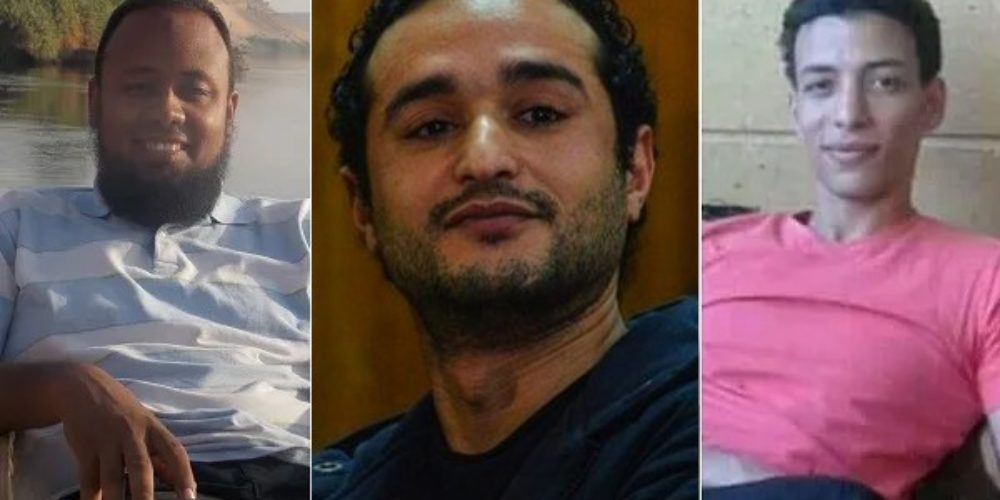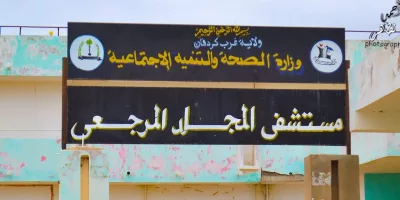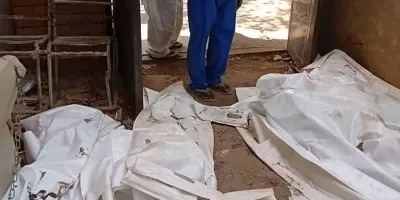The Committee for Justice has documented that human rights lawyer Mohamed El-Baqer, and activists Mohamed Oxygen and Ahmed Douma, were attacked by security forces inside their cell at Badr 1 prison, after they objected to the mistreatment of a detainee who shared their cell.
According to the information obtained by the organization, the attack occurred because the three men objected to the security forces’ assault on Hamed Sadek, who shared the same cell with them and refused to attend his renewal of detention session.
Injuries and transfer to disciplinary cell:
In a Facebook post on Thursday, Mohamed El-Baqer’s wife confirmed that she received information about her husband being beaten inside his cell, which led to several wounds, and that he was transferred to disciplinary detention. However, she also stressed that she did not know of any developments regarding his health or condition inside his cell since then.
CFJ denounced the incident and demanded an investigation into it and the subsequent and continuous violations inside the Badr prison complex, which led several detainees to attempt suicide.
UN and international pressure:
The organization also called on UN mechanisms and the international community to pressure the Egyptian authorities to comply with the international covenants and treaties signed on the treatment of detainees, and to establish a mechanism for monitoring and observing violations and places of detention in Egypt.
Suicide attempts in the Badr prison complex:
The new Badr prison complex, which was opened by the Egyptian authorities at the end of 2021 in the Badr province, northeast of the capital, Cairo, has witnessed a number of suicide attempts that are unprecedented in the history of Egyptian prisons.
Badr 1 prison witnessed three suicide cases; while Badr 3 prison also witnessed more than seven other suicide attempts, including the detainee Abdullah Omar, who attempted suicide for the second time since February 17 last year, and an attempted suicide by Ahmed Sami, from the city of Hurghada, who had been acquitted in the Ansar Al-Sharia case after several years of imprisonment in the Scorpion prison, but he was added on a new case called Sinai Province organization immediately after his acquittal, and referred for trial again. The prison administration has refused to release any reports regarding those suicide cases.
In Badr 3 prison, the administration sprayed water hoses on detainees inside the cells in response to some of them burning blankets and putting (obstructive objects) on the surveillance cameras inside the cells, as a protest means for not responding to their demands to open visitation, and the refusal of the National Security officer in charge of the prison complex, named Yahya Zakaria, to respond to the demands.
Detainees in Badr 3 were also subjected to the reduction of the amount of food distributed to them, which they say is not enough to satisfy the hunger of a child. They also reported that there was a ban on providing any medical services or dispensing medicines to patients. The prison administration also stopped providing personal hygiene items, so inmates cannot wash their clothes or bathe, which could lead to poisoning and the spread of skin diseases among detainees. The above mistreatment has prompted detainees to threaten to abstain from food and refuse to receive their allocated meals.






